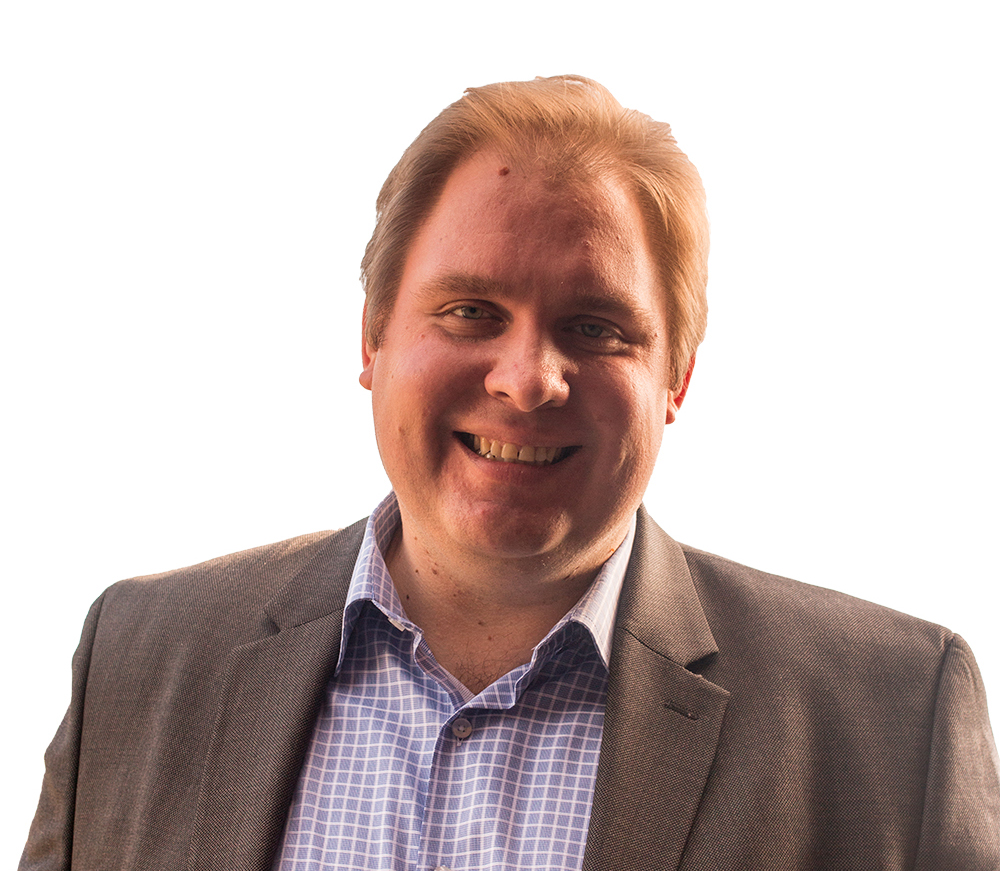Ryan Androsoff

Deputy Director and Project Lead, Canadian Digital Service, Government of Canada
- BPAPM, 2003
As Ryan Androsoff describes it, his job involves “bringing the public service into the 21st century, bit by bit”. In other words, he’s a new-technology guru in a culture that isn’t known for embracing rapid change.
“When I joined the public service in 2010, there was no government-wide policy on social media and it was often still viewed as just a fad,” Mr. Androsoff recalls. “Today, it’s become a permanent part of the landscape with big implications for how government works today and into the future.”
Mr. Androsoff says one of the largest challenges governments face is how interconnected people are. This raises important policy questions involving privacy and security, and the changing expectations of citizens when it comes to how information is shared and services are delivered.
“Policies written 20 or 30 years ago didn’t anticipate the way we do business now,” he explains. “Information is flowing at an incredible speed in a much more organic way.”
It’s a transition that’s being shepherded by a new generation of public servants.
“This generation was born digital. It’s as natural as a telephone for them,” he says. “That changes how they interact with people. They have dramatically different expectations of the government both as citizens and as their employer.”
Mr. Androsoff has worked to unify that enthusiasm under the umbrella of the public service. In 2012, he led the team that was developing a set of internal online collaborative platforms for the federal government: GCpedia and GCconnex.
“We have over a quarter of a million people in the federal government working across 100 different departments. We wanted to make it easier for people to find others working on similar issues,” says Mr. Androsoff, adding that these platforms now have over 100 thousand users. “Now I’ll hear people talking about collaborating on GCconnex as just a regular part of how they work. It’s a subtle shift, but it’s really gratifying.”
Mr. Androsoff’s interest in technology and government modernization dates back to his undergraduate days in the Bachelor of Public Affairs and Policy Management program. He was attracted to the degree because of its multidisciplinary offerings, which include economics, ethics and political science.
The program also helped him land an internship in a Member of Parliament’s office, where, after starting as a volunteer, he worked part-time throughout university. Following graduation, he returned home to Saskatchewan to work in provincial politics —and even ran his own campaign for a seat in the provincial legislature.
He eventually came back to Ottawa and spent 18 months in the Canadian International Development Agency as a political and policy advisor to the Minister, and then spent a year in Washington D.C. at the World Bank. In 2008, Mr. Androsoff was accepted to the Harvard Kennedy School of Government’s Master in Public Policy program, where he first began applying the ideas of how technologies such as social media and open data could change government policy.
“It was the Fall of 2008 and Obama was being heralded as the first presidential candidate to use social media,” he recalls. “I decided to focus my degree on looking at how these types of new technologies could change the public service.”
These days Mr. Androsoff not only works within the federal public service, but in 2015 he took a one-year assignment working with the Digital Government team at the Organization for Economic Co-operation and Development (OECD) in Paris. He continues to represent Canada internationally at meetings on digital government and regularly speaks to audiences across Canada on issues related to modernizing government through the use of digital technologies.
“I feel very lucky to be coming in on the ground floor of this evolution within the workplace,” he says. “Ten years ago, very few people would have viewed this as a policy field in and of itself. Today, it’s becoming the core to everything we do in government.”
This story was replicated from the Faculty of Public Affairs website.